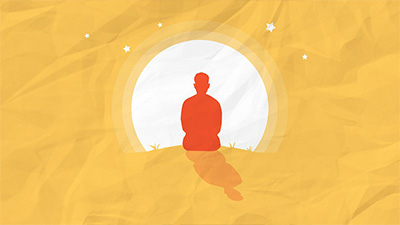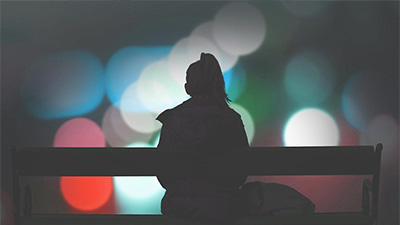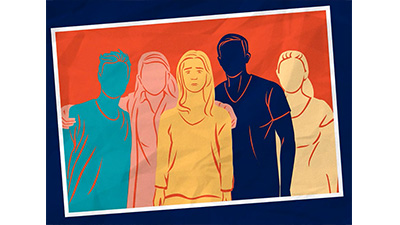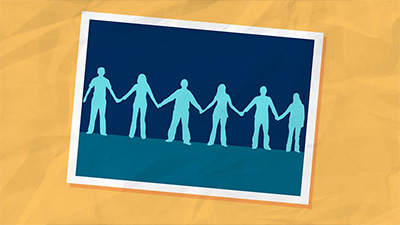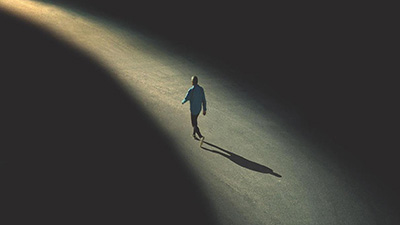The BBC Loneliness Experiment
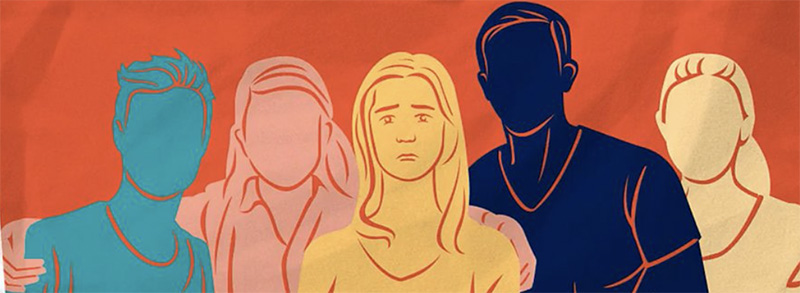
55,000 people from around the world chose to take part in the BBC Loneliness Experiment, making it the world’s largest ever study on loneliness. Researchers from the universities of Manchester, Brunel and Exeter, led by Professor Pamela Qualter and funded by the Wellcome Trust, developed a questionnaire asking people what they thought loneliness was, when they felt lonely and for how long.
The BBC Loneliness Experiment was launched in All in the Mind on BBC Radio 4 and Health Check on BBC World Service. In a series of radio programmes, podcasts, features and animations, Claudia presents the results.
Programmes:
The BBC Loneliness Experiment

55,000 people from around the world chose to take part in the BBC Loneliness Experiment, making it the world’s largest ever study on loneliness. Researchers from the universities of Manchester, Brunel and Exeter, led by Professor Pamela Qualter and supported by the Wellcome Trust, developed a questionnaire asking people what they thought loneliness was, when they felt lonely and for how long.
The BBC Loneliness Experiment was launched in All in the Mind on BBC Radio 4 and Health Check on BBC World Service. In a series of radio programmes, podcasts, features and animations, Claudia presents the results.
Programmes:
Features:
Features:
Podcasts:
This series of podcasts outlines the top 7 solutions voted for by 55,000 people in the BBC Loneliness Experiment. These are the solutions people said worked best for them or for people they knew, although not every solution will work for everyone. In these podcasts, Claudia discusses the evidence for each solution with Professor Pam Qualter.
Podcasts:
This series of podcasts outlines the top 7 solutions voted for by 55,000 people in the BBC Loneliness Experiment. These are the solutions people said worked best for them or for people they knew, although not every solution will work for everyone. In these podcasts, Claudia discusses the evidence for each solution with Professor Pam Qualter.
Publications:
Pearce, E., Barreto, M., Victor, C., Hammond, C., Eccles, A. M., Richins, M. T., O’Neil, A., Knowles, M. L., & Qualter, P. (2022). Choking under pressure: Does it get easier with age? How loneliness affects social monitoring across the life span. International Journal of Behavioral Development, 46(1), 50–62.
Barreto, M., Victor, C., Hammond, C., Eccles, A., Richins, M. T., & Qualter, P. (2021). Loneliness around the world: Age, gender, and cultural differences in loneliness. Personality and individual differences, 169, 110066.
Qualter, P., Petersen, K., Barreto, M., Victor, C., Hammond, C., Arshad, S.A. (2021) Exploring the Frequency, Intensity, and Duration of Loneliness: A Latent Class Analysis of Data from the BBC Loneliness Experiment. International Journal of Environmental Research and Public Health, 18, 12027.
Madrid-Valero, J. J., Bowling, N., Vafeiadou, A., Buysse, D. J., Banissy, M. J., & Gregory, A. M. (2022). Sleep in adults from the UK during the first few months of the coronavirus outbreak. Journal of Sleep Research, 31, e13465.
Switsers, L., Qualter, P., Pan, H., Barreto, M., De Donder, L., Victor, C., Dury, S., Hammond, C., & Dierckx, E. (2022). Exploring the demographic and situational characteristics of older British people experiencing loneliness as positive within the BBC loneliness experiment. Aging & mental health, 1–7.
Victor, C. R., Rippon, I., Barreto, M., Hammond, C., & Qualter, P. (2022). Older adults’ experiences of loneliness over the lifecourse: An exploratory study using the BBC loneliness experiment. Archives of gerontology and geriatrics, 102, 104740



